 Pribylina
village official webpage
Pribylina
village official webpage
Prepáčte, ale žiadny článok nebol nájdený.
The first written mention of Pribylina was recorded in 1332, in which the local parish of St. Catherine had been mentioned. Since that year until the abolition of serfdom in 1848, Pribylina remained subordinated to Pongrác landlords. The original deed of donation in which Pribylina for the first time is transferred as a property to Andrew, the son of Sereľelov, is located in an archive of family Szentivány, Li. A. file no.10.
The second written notice of Pribylina was recorded in 1360. Those years the great transformation was happening throughout Liptov area with regard to the property of yeomen. It was after a battle near the village of Rozhanovce in which Matúš Čák Trenčiansky „Lord of River Váh and Tatras“ was defeated by army of the Hungarian King Karol Róbert, who was immediately after the victory of royal troops appointed an Earl to Liptov by the King and was gifted a Castle Likava with all possession. This period is described in the mention of Pribylina found in a deed from 1360, issued by the King Louis and which says: ... super nova donatione Zentmiklos, Jalochmelledealie nomine Hakalyse, (now Ondrašová Perbenye (Pribylina) ...... In donation deeds from the 13th and the 14th century it was named like this, which is probably a kind of Hungarized name of Slovak Pribylina.
The name Pribylina is incorectly derived from a noun „bylina“ (herb) with a prefix „pri“ (next to), but this makes no sense. Rather, the name should be derived from the fact, that Pribylina is located by the river, originally named „Biala – now Belá“. That means that Pribylina is located by the river Biala, and „Pribilina“ might have arisen from this name. Pribylina with an „ypsilon“ originated later. Well, it seems that the point of view of Prof. PhUr. Ján Stanislav, which is expressed in his work “Liptov dialects”, is closest to the truth. With respect to the colonization origin later, the name of Pribylina means new colonists (the word „priby“ is used till today). And that´s why it should be written with „y“ letter. A period of serfdom and feudalism in Pribylina arose out of the situation in the upper Liptov. Inhabitants of Pribylina and their properties were an ownership of the aristocracy and they were unutterably exploited. It is worth mentioning that in 1709 there was a fight between „kurucs“ and imperial troops in Belanská Valley and at Švihrová. The battles took place in and around the village and neighbouring villages of Pribylina and St. Peter. Pribylina was burned in these battles. The effort of inhabitants to correct the injustice carried out by their lords and the fact that they sent several complaints to the ruler between 1781 and 1843, is also noteworthy. There exist also a case in documents, in which citizens claimed to have right to produce (burn) domestic brandy (well-known Čabajská borovička). Certainly, they were unsuccessful. In the revolutionary years 1848-1849 Pribylina also took part in course of events, when on 9th April 1848 a teacher Levite Matej Trnovský was preaching about freedom. For this sermon he was then examined. After the establishment of the Slovak Volunteer Board and the establishment of the Slovak National Council in late August and in the first half of September 1848 in Vienna, inhabitants of Pribylina also took part at the events. And what´s more, some of them died in the battles. At this time, they excelled in self-defence against a division of Hungarian Hussars at the requisition. Armed with scythes, pitchforks and flails they warded off the Hungarian division and caused them a loss of 14 horsemen. In this chapter it should be registered that a triumphant walk to Vienna had been made by 12 inhabitants from Pribylina (their names are not preserved), led by Ján Rezník - Háj appointed, to complain at an audience with the Emperor about the rough injustice and violence made by Pongrács against their village.
The monument was built on the occasion of the 20th Anniversary of SNP (Slovak National Uprising). The project was designed by Ing. Kuzma from Bratislava. The granite stone was brought from Tichá (Silent) Valley. The construction was carried by John Račko / Lokaj / and Michal Harich. There is a memorial plaque placed on the monument with an inscription „Pravde žil som, krivdu bil som, verne národ svoj ľúbil som“ ("I lived for truth, I fought injustice, I truly loved my Nation") and names of the heroes fallen in SNP and during World War II: Matej Majzlík, Matej Blška, Peter Hečlo, Urban Klaučo and Matej Benko.
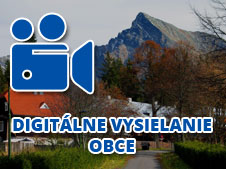
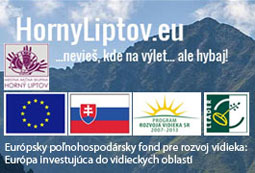
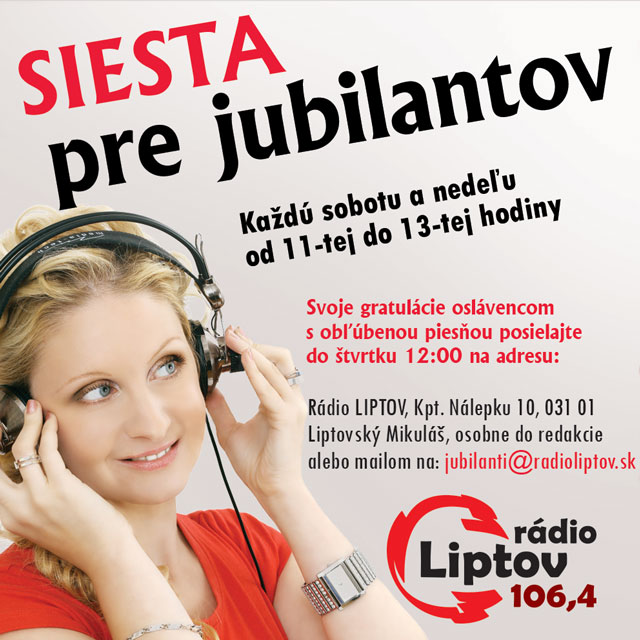
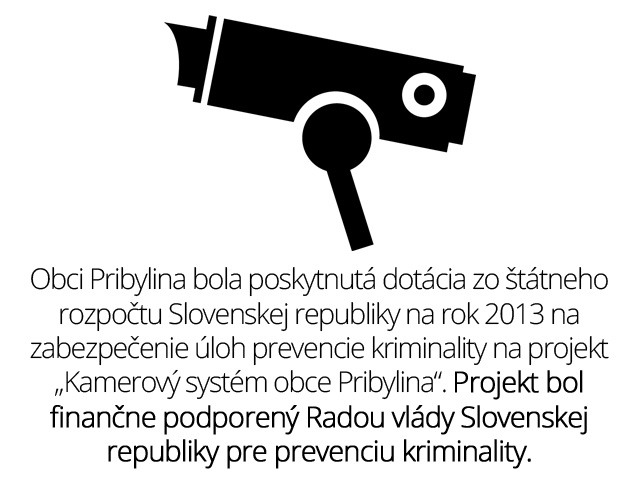
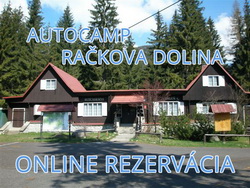
| po | ut | st | št | pi | so | ne |
|
Date: 00.04.2025
|
1
Date: 01.04.2025
|
2
Date: 02.04.2025
|
3
Date: 03.04.2025
|
4
Date: 04.04.2025
|
5
Date: 05.04.2025
|
6
Date: 06.04.2025
|
|
7
Date: 07.04.2025
|
8
Date: 08.04.2025
|
9
Date: 09.04.2025
|
10
Date: 10.04.2025
|
11
Date: 11.04.2025
|
12
Date: 12.04.2025
|
13
Date: 13.04.2025
|
|
14
Date: 14.04.2025
|
15
Date: 15.04.2025
|
16
Date: 16.04.2025
|
17
Date: 17.04.2025
|
18
Date: 18.04.2025
|
19
Date: 19.04.2025
|
20
Date: 20.04.2025
|
|
21
Date: 21.04.2025
|
22
Date: 22.04.2025
|
23
Date: 23.04.2025
|
24
Date: 24.04.2025
|
25
Date: 25.04.2025
|
26
Date: 26.04.2025
|
27
Date: 27.04.2025
|
|
28
Date: 28.04.2025
|
29
Date: 29.04.2025
|
30
Date: 30.04.2025
|
Date: 31.04.2025
|
Date: 32.04.2025
|
Date: 33.04.2025
|
Date: 34.04.2025
|